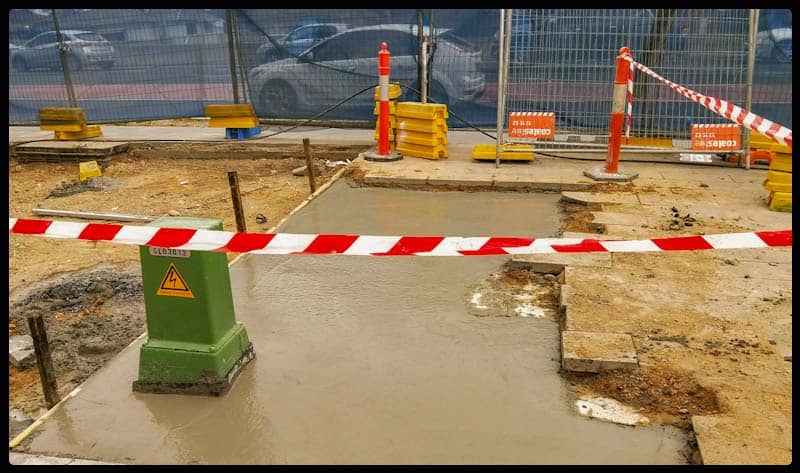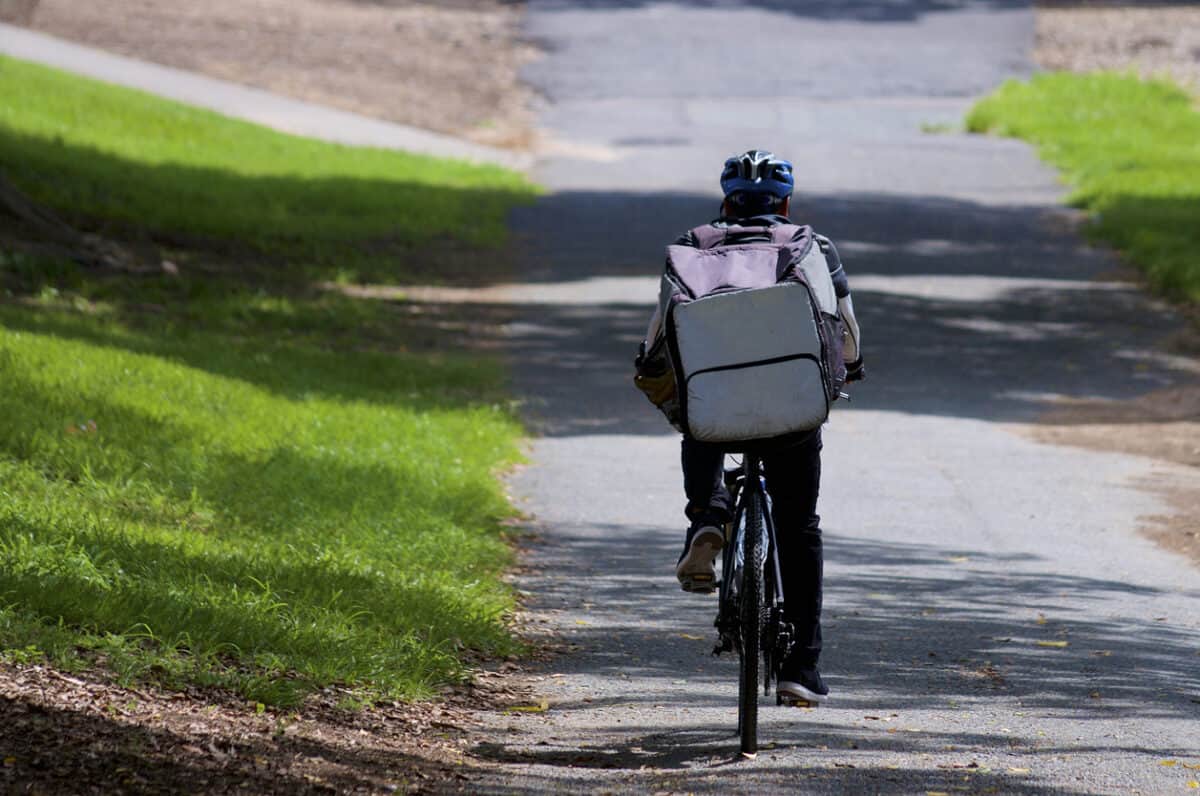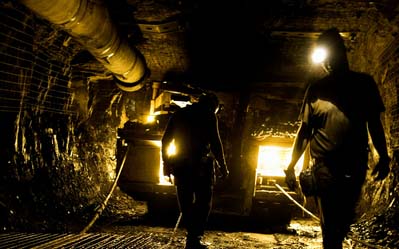In July 2022, RMIT University release a three-part series on physical and mental health in Australia’s construction industry consisting of Evidence, Exploration and Evaluation. By themselves, they make a strong case for structural reform of the construction sector to improve workers’ mental and physical health.
Category: productivity
Major omissions from business perspective before the Jobs and Skills Summit
Next month the Australian government is conducting a “Jobs and Skills Summit“. Such consultative events have been held every so often for decades but usually after a new government is sworn in and after the previous one was in power for too long or lost its way. Such summits are seen as ways of reconnecting with disaffected and disempowered industry associations, trade unions and other organisations with the ear of the incoming government.
One of the most vocal industry associations is the Business Council of Australia. The BCA has existed since 1983. Its Wikipedia entry lists its large corporate membership, providing context to its policies and positions. On August 15 2022, its CEO Jennifer Westacott had an opinion piece, “What a Jobs Summit ‘win’ would look like“, published in the Australian Financial Review, but with a different headline. Workplace safety was mentioned in passing but is hiding in the subtext elsewhere.
A new, safer work schedule or continuing employer “flexibility”?
SafetyAtWorkBlog has kept a watching brief on the Australian construction industry and its attempts to improve its workplace culture. On the initiative of no weekend work, there seems to be some dissatisfaction from Brookfield Multiplex, even though that company is a “contributing member ” of the Construction Industry Culture Taskforce (CICT), which advocates for no weekend work and a cap of 50 hours.
Guilt, shame, dissatisfaction: workers and customers on the gig economy (and how to make it better)
This article is republished from The Conversation under a Creative Commons license. Read the original article.
The gig economy is in trouble. Rideshare drivers are cancelling in droves. Wait times for food delivery are ballooning out and driver shortages are leading to food waste.
So, what’s going on? To find out more, I interviewed 30 Melbourne gig workers who worked as rideshare drivers, food deliverers or for task-based platforms such as Airtasker.
I also spoke to 30 customers who use such services, and to 20 industry stakeholders. My colleague, Elizabeth Straughan from the University of Melbourne, conducted a further ten interviews with gig workers after the pandemic set in, to learn how they’d been affected.
Continue reading “Guilt, shame, dissatisfaction: workers and customers on the gig economy (and how to make it better)”Sunlight on “an atmosphere of fear’
The Queensland Government and Premier Annastacia Palaszczuk have been under heavy criticism for their workplace cultures and leadership since the release of the Coaldrake report last week – a “review of culture and accountability in the Queensland public sector”.
The report is very critical of the Queensland government’s management of the public service, identifying problems with the overuse of external consultants, issues of unfairness, the lack of transparency and openness, bullying and more. These findings could apply to most of the contemporary public sectors in Australia nationally and locally (as well as most medium- to large-sized companies).
“Tell me how I can comply with the OHS law” – wrong request
Recently the Australian Institute of Health and Safety (AIHS) released a chapter of its Body of Knowledge on Ethics. But rather than a discussion of the role of occupational health and safety (OHS) in modern society, it focussed on the ethics of the OHS professional. This is a valid perspective but one of limited relevance to most of the community or to the market for OHS services. A broader consideration of OHS and ethics, one that assists in understanding what is expected of having a Duty of Care, is still required.
New Hopkins book aimed at CEOs
Professor Andrew Hopkins‘ latest book “Sacrificing Safety – Lessons for Chief Executives” complements Queensland’s Board of Inquiry into the Grosvenor mine fire in which five workers were severely burnt, a significant workplace incident for which the company, Anglo American, will not be prosecuted. Hopkins explains that the Board of Inquiry chose not to investigate the organisational causes of the incident; a situation this book seeks to redress.
The book starts with a bang in the Introduction, with a paragraph that will stay with me for some time due to its blunt honesty:






